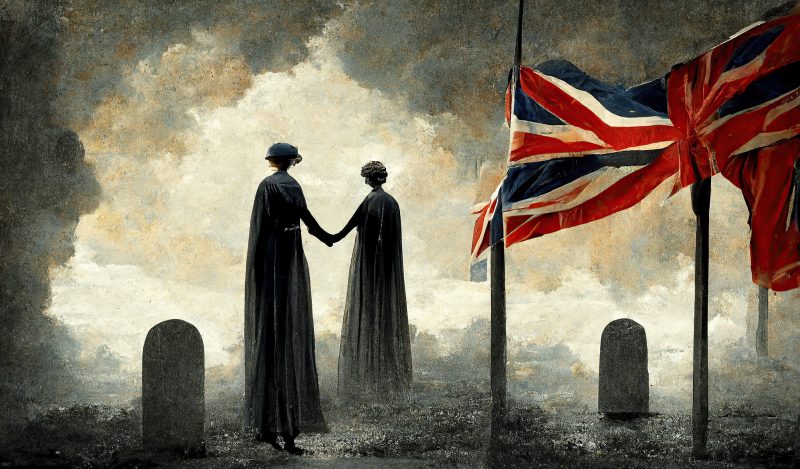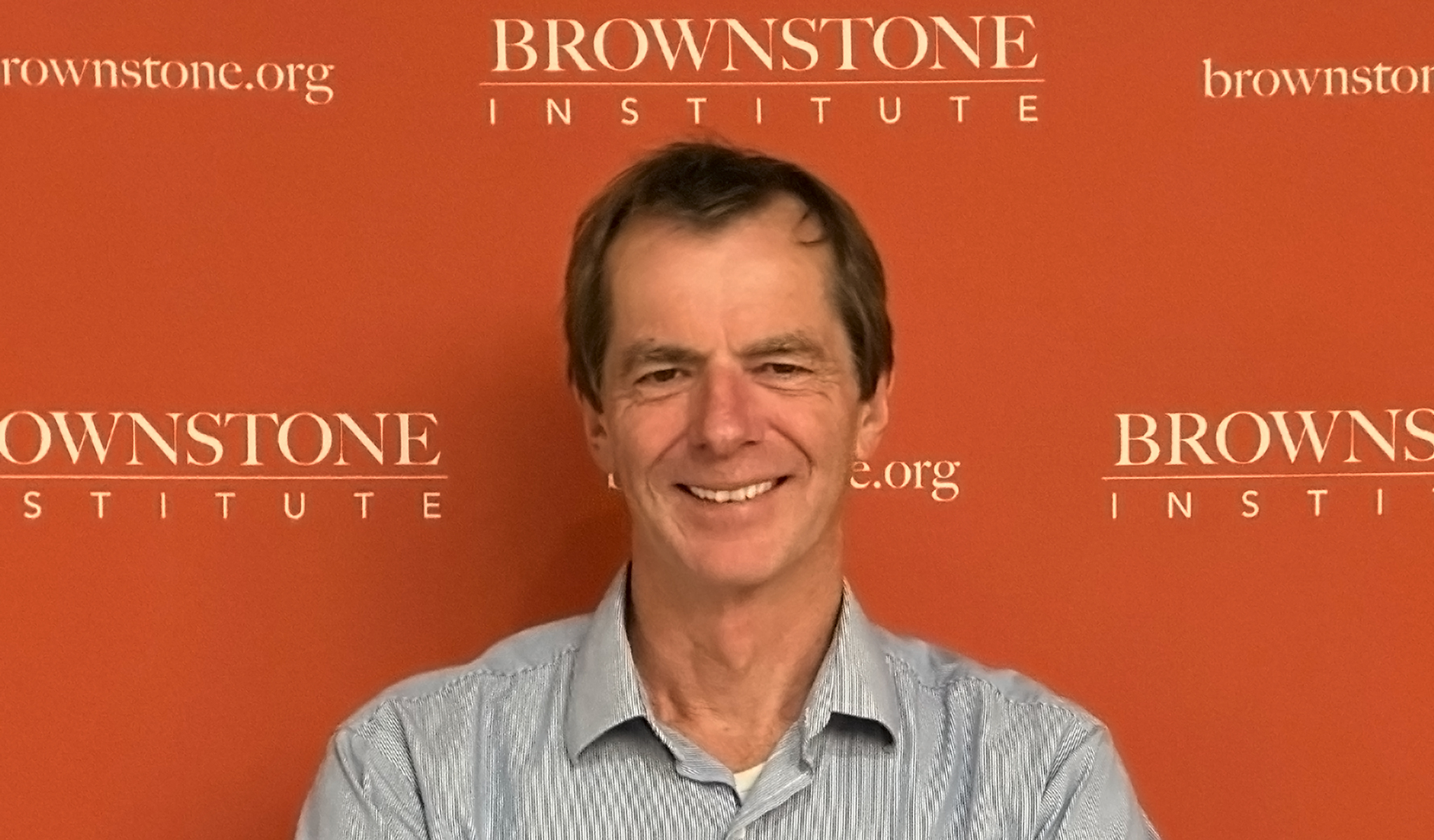Some actions of humans are so dark that we prefer to ignore them, avoiding the darkening of our own thoughts. When others assist us by denigrating truth-tellers or censoring news, we may be quietly grateful as life seems better when not intruded upon by the pain of victims or the abuse of their torturers.
We find it easier to acknowledge past abuse as a way of showing virtue in the present – such as recognizing the Holocaust or massacres under colonial powers. It is also easy to point fingers at foreign countries and condemn their abuses and their cover-ups. Such long-distance condemnation also enables a feeling of virtue. Thus, we can ignore abuses in our own countries, condemning their victims to continued trauma without feeling that we are part of the problem.
Selling Children’s Pain on the Web
In September 2019, the New York Times put out a long report on the abuse of children in the United States. The children were used to create violent pornographic images for the gratification of adults. It was (and is) harrowing reading. It explains the massive extent of the problem; the abduction, enslavement, and assault of little children to produce the images that some people enjoy watching. It is harrowing as it details the widespread torture of children in the United States and other countries for pleasure.
This problem was too big in 2019 for law enforcement to do more than scratch the surface, but it is rapidly increasing. US police departments interviewed by the New York Times explained that they had to prioritize by age and leave many children to their fate as the resources were simply not available – as few as 2% were investigated ten years earlier when Congress was supposed to address the problem. The Department of Justice did not even bother to issue the reports that Congress mandated on the matter. Very few in government and in society were sufficiently concerned to try to save children 15 years ago, and this has not changed.
The New York Times article noted that social media companies often protected the abusers and those sharing images of abuse (the media companies’ customers) from police investigations. A huge increase in trafficking of children over the border since the article was written has delivered over 300,000 unaccompanied children, released into the US with no follow-up, potentially into the hands of this particularly vile form of slavery.
Violent sexual abuse of children, though clearly prevalent in the United States and globally, is an extremely unpleasant subject. People really don’t like to talk about such obscene and repugnant subjects. So, these little children are pretty much on their own.
Britain’s Open Shame
In recent weeks, there has been a social media awakening of the decades-long practice of organized gang rape of early teenage girls in England. Interest was stoked in part because Elon Musk highlighted the subject, and his wide media reach undercut efforts by recent UK governments and the local media to keep the abuse and the perpetrators out of the public consciousness. The issue may be new to many, but it has been in the public domain for over two decades. People in positions of power decided that it was better to allow more girls (the girls of others) to be systematically abused and raped as they considered that addressing the problem might stoke social disorder.
The scale, like the problem the New York Times highlighted, is also vast. In the town of Rotherham where it was originally identified, it is thought that at least 1,400 young girls were systematically abused and raped, often for years on end. Across England, this is in the tens of thousands. Numbers are numbing, but individual testimonies speak of repeated torture, gang rape, and threats of death, and thousands of girls were left by those in authority to this fate.
While a particular ethnic group has been associated with these crimes, this does not in any way give the full picture. Police, social workers, and politicians from many ethnicities and walks of life chose to let it continue rather than speak out, and sometimes persecuted the victims. It is clear that people in authority made deliberate choices to protect the perpetrators, themselves, or the reputations of their group or party.
This meant that those in the Pakistani Muslim community who stood against this, some with great courage, were also unsupported and put at risk. They were left alone to fight powerful people in their own communities and in the wider British establishment.
Claiming that this is purely an ethnic or religious problem is disingenuous. Leadership and institutions – political parties, churches, mosques, schools, and foundations claiming to represent or ‘Save the children,’- actively chose to turn a blind eye to what they knew was happening. They made a choice to sacrifice more children to torture networks in the name of a façade of societal harmony.
Absolving Ourselves of Blame
So, while current anger is rightly directed at the torturers who exploit children for their personal gratification, and any ideologies that promote such actions, something much darker needs to be recognized. It is the willingness of our societies in general, our media and leaders, to sacrifice children.
Responsibility for caring for the oppressed has been removed from the ordinary person and deferred to a compassion industry and enforcement arms of government. The towns of England turned their faces from the abuse of the girls of others, just as the trafficking and abduction of the children of others has been buried in the US. They have allowed government to substitute for their conscience, ignoring in the process the apparent complicity of the people they elect and fund in the crimes.
Those we have tasked with protecting children as replacements for ourselves are grossly underfunded, as the New York Times article points out. But our bureaucracies have also become so institutionalized that the individuals tasked with translating concern into actions no longer really exist.
Like the public, they are able to hide their humanity and their own conscience within the faceless machine, deferring compassion to guidelines and protocols. Simple decency has been removed from the process. As in the past, their excuse is following orders, though now even the source of the orders cannot be clearly defined.
The other potential driver of official suppression is likely complicity. Apart from the complicity in ignoring obvious crime, the torture and sacrifice of children is not confined to an ethnic, religious, or socio-economic group. It is a darkness that has always afflicted humans, including those whose power and wealth make them feel invulnerable. Jeffrey Epstein worked at facilitating the abuse of teenage girls by the rich and famous, but none of these rich and famous have been charged or prosecuted beyond his immediate accomplice.
Once the issue is widely acknowledged, floodgates may open and destroy some of those in power. It is also not simple, as many who knew Epstein will have had nothing to do with the abuse. But we must deal with it with that in mind, as Epstein was not a lone abuser.
This underlines the importance of Elon Musk’s intervention in highlighting this issue. As a human, he has equal rights to express an opinion as the British Prime Minister, Keir Starmer, or anyone else. It is irrelevant whether he is perfect or imperfect himself – or what his motives may be. His intervention has helped force acknowledgment of overtly evil conduct. Evil in that it involves people deliberately hurting others for self-benefit and self-gratification – treating others as intrinsically of lower worth. The only thing that matters is the people being hurt. It is a basic human rights issue, and it is happening and has been tolerated.
Hiding, or Facing Responsibility
The apparent immunity of Epstein’s associates and the attacks on Musk speak much of the disinterest of those with political and commercial power in exposing the sex slavery industry. The extent of the two instances mentioned here speaks of its lack of exceptionality. Tolerance condemns the children and puts at risk those who speak out. Censorship, including media self-censorship, promotes the cancer’s growth,
Historically, humans have often sacrificed children, though the scale in more recent times may be greater. Our society seems almost rudderless in the face of it – as governments and media still seek to ignore this aspect of reality. The day after the UK Parliament voted against a national inquiry into the greatest case of documented institutionalized gang rape in modern European history, the BBC failed to even mention the subject on its internet news pages.
The institutions that we might expect to be leading the response are loudly silent. Churches and other religious institutions seem complacent, international NGOs claim to protect children embarrassingly so, and governments are in avoidance or openly complicit. Jesus said “Suffer the little children to come unto Me” not in a historical context but as a statement of the importance of every child.
Despite our trappings of technology, we have proven incapable of addressing even the most basic of society’s essential functions – protecting children. Until we act, vote, and speak to fix this, we should stop pretending these crimes are confined to any ‘other’ group or system of belief. We are all part of the failure, and we have allowed it to become very deep. We can only do better.
Join the conversation:


Published under a Creative Commons Attribution 4.0 International License
For reprints, please set the canonical link back to the original Brownstone Institute Article and Author.









